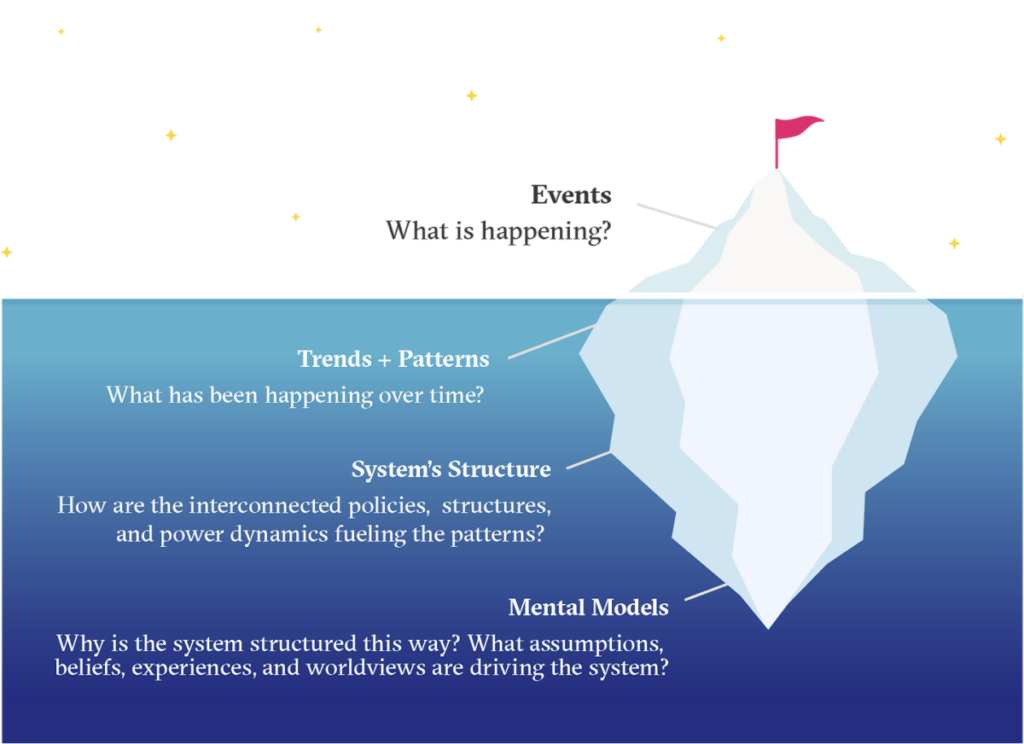Hello all,
Welcome back! Excited to see you all on Friday!
Quick reminder: Today we’ll be meeting on Zoom: Here’s our permanent link:
https://pratt.zoom.us/j/94983539221
As we watch James Gleick speak let’s consider how the concept of information came to define our era, and further more how information informs digital technology.
The Information by James Gleick – Prologue
Time code: 3:36 -15
Systems Thinking:
Discuss ch 1. Thinking in Systems by Donella Meadows and discuss your reading responses – in particular the examples.

An intro to systems thinking for journalists
Loopy – A tool for thinking in systems.
__________________________________________________________________________________________
Class discussion:
- How is an aspect of networked technology a system? Social media? GPS? Virtual education? etc.
- What are the advantages to being networked and what is lost?
- How has networked technology changed how we interact with each other?
- How does networked technology change how we think about society?
- Does being networked make us cyborgs? How or how not?
- What is the relationship between cyborgs and AI?
- How does knowledge from experience differ from knowledge that is learned?
What is the difference between theory and experience? Story and life?
Common Cyborg by Jillian Weise
‘I’m nervous at night when I take off my leg. I wait until the last moment before sleep to un-tech because I am a woman who lives alone’
Writing Rubric:
- Thesis Statement, Introduction, Conclusion
- Examples, Evidence and Content
- Organization and Structure
- Writing Mechanics and Style
Homework –
Choose one article to read, and write a 1 pg reading response.
Why We Expect More from Technology and Less from Each Other by Sherry Turkle
Essays are pieces of writing that are subjective attempts of making sense of something. In this case you will be making sense of your experience and what it means to live in a networked society and on a broader level: what does it mean to be a person in a networked society today?
- Look through your notes, observations and highlight what you think is interesting. What is obvious and what lies below the surface.
- Extract a thesis that you will be exploring in your essay. Write it down.
- Let’s co-create with AI:
- Explore all the AIs out there: Futurepedia
- Download Microsoft’s Bing on the Edge browser and explore in creative mode
- Download Google’s Bard on any browser (chrome, firefox or edge)
- Plug in your thesis and explore ideas around human’s and technology. Refine search. Extract what might be useful.
- Write a response with your thoughts on the process of using AI for this purpose. Be prepared to discuss how you used and what you learned next week. DO NOT EXPECT IT TO WRITE FOR YOU but use it as an assistant. How do your observational field notes differ from chatgpt’s response?
- For fun try playing with Stable Diffusion or Dalle.




Leave a Reply